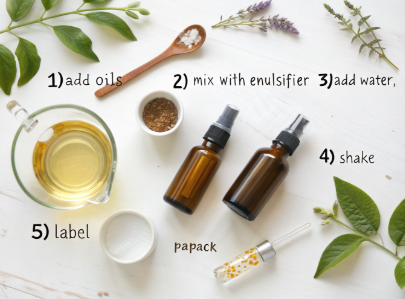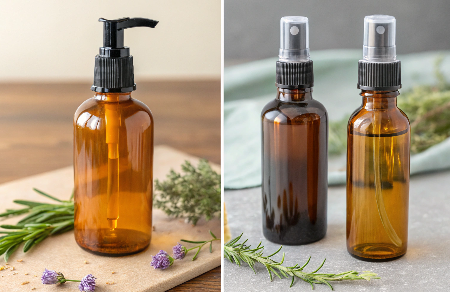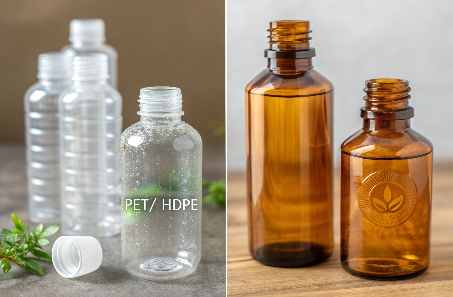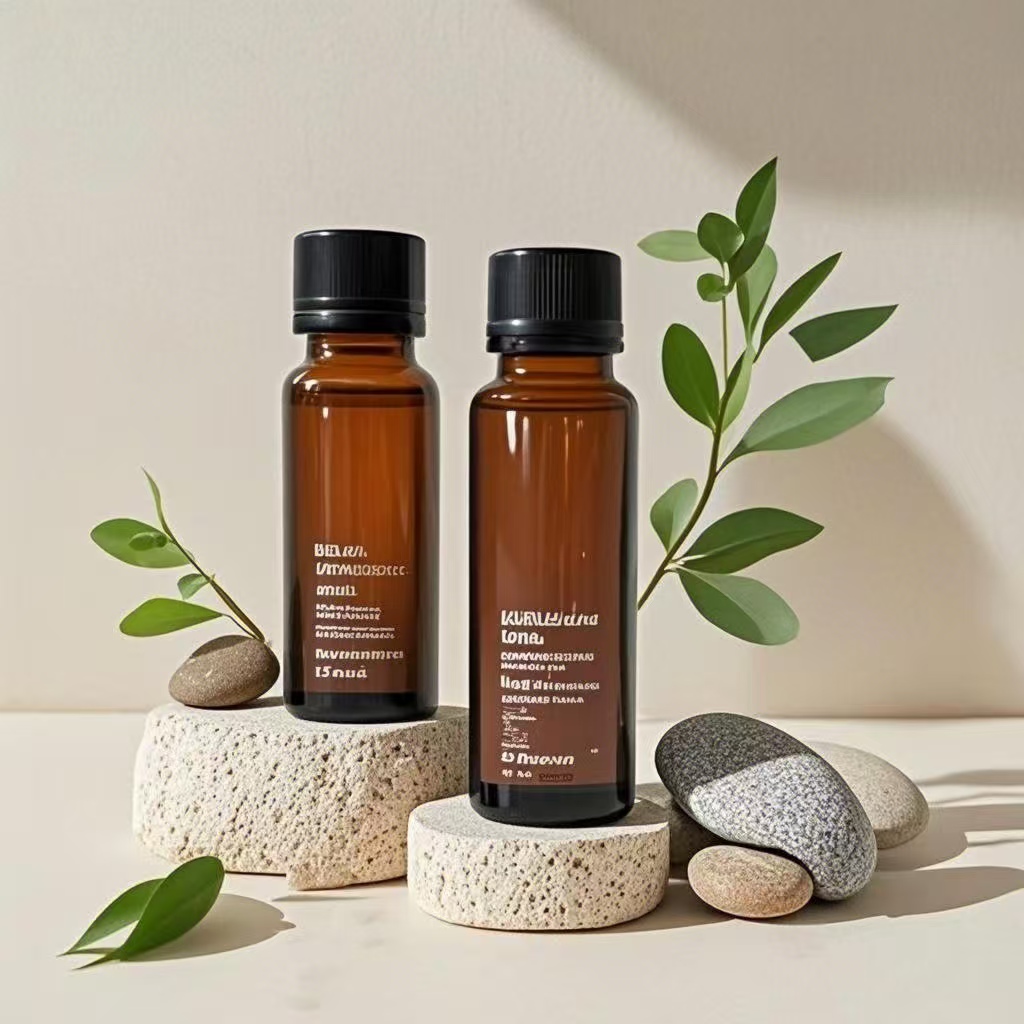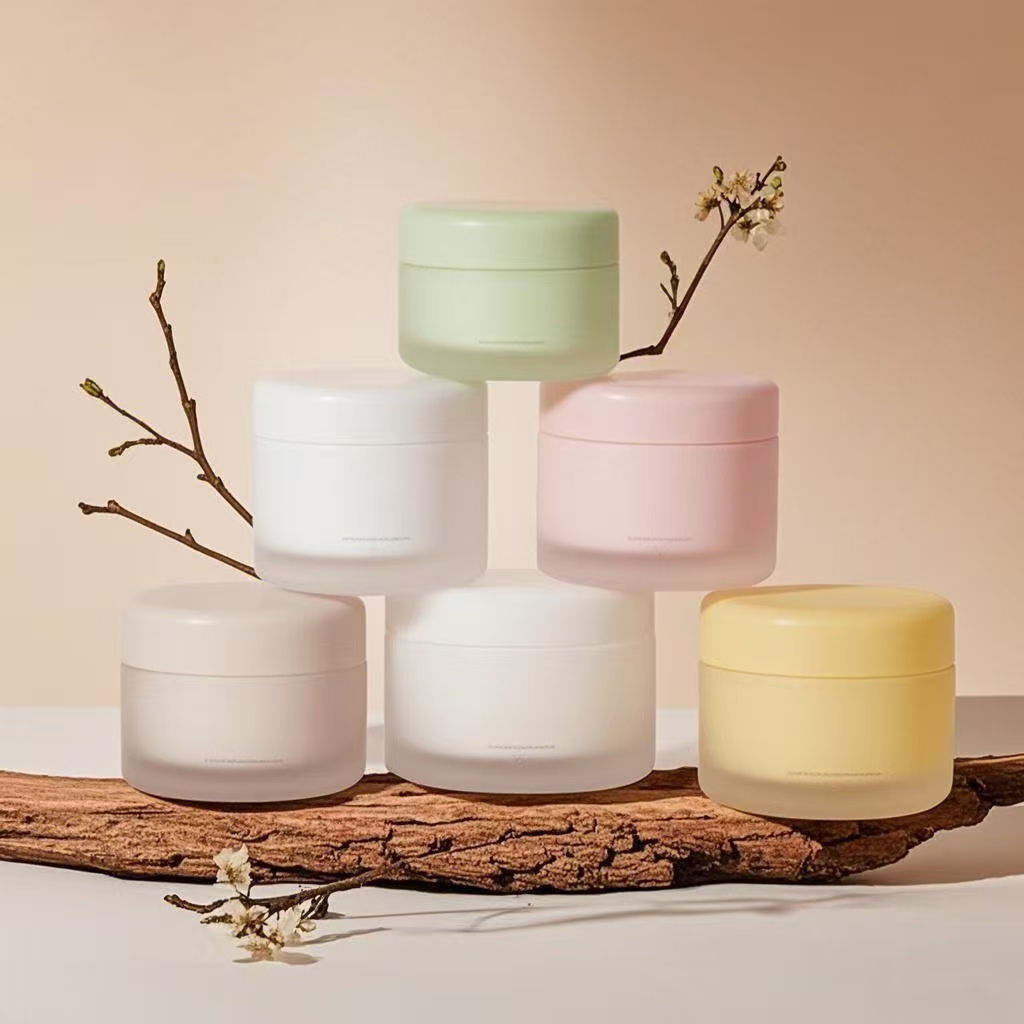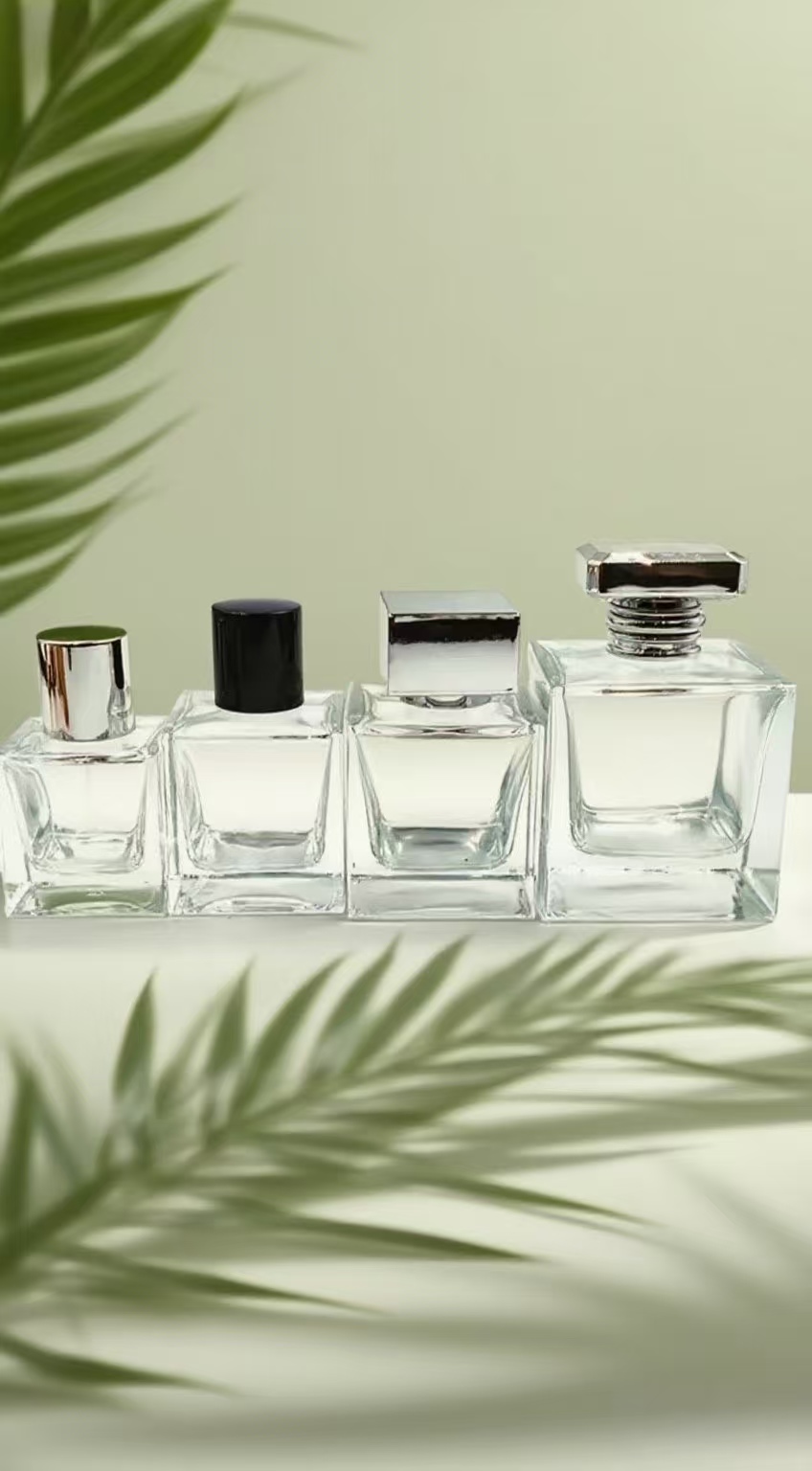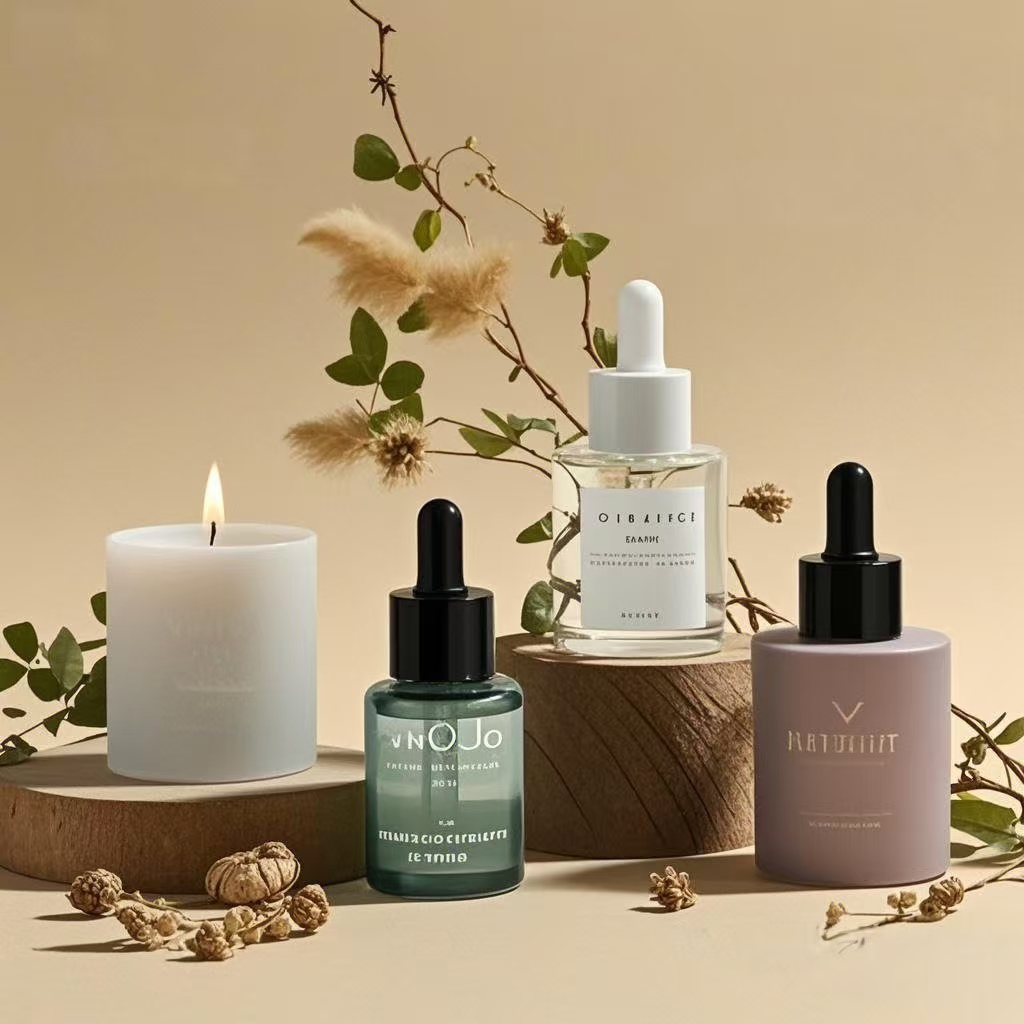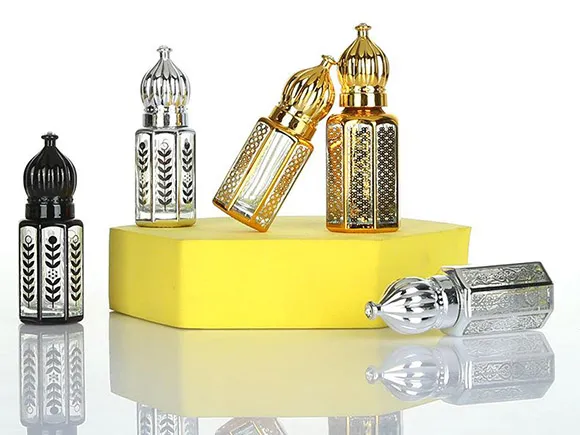You’ve invested in quality essential oils—so don’t let the wrong container ruin them. Many businesses and DIY enthusiasts wonder: do essential oils really need glass bottles?
Yes, essential oils should be stored in glass bottles, preferably amber or cobalt, to prevent chemical reactions, preserve potency, and block harmful UV rays.
But what about plastic bottles, or using a spray head? Let's explore the chemistry behind the packaging, so you can protect your product and your brand.
Can I put essential oils in a plastic bottle?
It seems convenient—but it's usually not a good idea.
You should avoid putting pure essential oils in standard plastic bottles, as the oils can degrade the plastic, leading to contamination and leaks.
Essential oils are highly concentrated and can act like solvents. Over time, they’ll break down most plastics—especially if exposed to heat or light.
What Happens When You Use the Wrong Plastic?
-
The bottle can become soft, warped, or sticky
-
Oil composition may degrade due to leaching chemicals
-
Risk of skin irritation or product spoilage
-
Shortened shelf life of your product
At PauPack, we recommend PET or HDPE only for heavily diluted essential oil sprays or skincare formulations—never for storing undiluted oils. Our amber glass bottles are chemically stable and UV-resistant, perfect for preserving oil integrity.
Can I use a spray bottle for essential oils?
Only if it’s designed for essential oils.
Yes, you can use a spray bottle for essential oils—but only when they are diluted, and the spray components (especially the tube and nozzle) are oil-resistant.
Key Factors for Spray Bottle Compatibility:
| Feature | Requirement |
|---|---|
| Material | Glass bottle preferred, PET acceptable for diluted blends |
| Spray Nozzle | PP or stainless steel internal parts |
| Seal | Leak-proof, compatible with viscosity and pressure |
| UV Protection | Amber or cobalt color ideal |
Undiluted essential oils can clog or degrade regular plastic spray mechanisms. That’s why PauPack offers fine-mist glass spray bottles specifically designed to handle both alcohol-based perfumes and essential oil mists—minimizing spray failure and maximizing user satisfaction.
What plastic is safe for essential oils?
Some plastics can hold up—under the right conditions.
The safest plastics for essential oils are HDPE (#2), PET (#1), and PP (#5)—but only for diluted formulas. Avoid storing undiluted oils in plastic.
| Plastic Type | Safe for EO Use? | Notes |
|---|---|---|
| PET (Polyethylene Terephthalate) | Yes, for diluted sprays | Good clarity, moderate resistance |
| HDPE (High-Density Polyethylene) | Yes, limited use | Strong barrier but opaque |
| PP (Polypropylene) | Yes, for caps/sprayers | Often used for closures |
| LDPE or PVC | No | Easily degrades, absorbs oil |
Even with these plastics, long-term storage or high essential oil concentration will eventually cause damage. Glass remains the safest, most professional choice—especially if you’re creating products for resale.
What is the best bottle to store essential oils in?
Not all bottles are created equal—especially for such powerful substances.
The best bottles for storing essential oils are dark amber or cobalt glass bottles with tight-sealing caps or droppers, designed to prevent light exposure and oxidation.
Ideal Storage Bottle Features:
-
Material: Borosilicate or soda-lime glass
-
Color: Amber (blocks 99% of UV), cobalt blue (aesthetic + UV protection)
-
Closure: Tamper-evident dropper, reducer cap, or sprayer
-
Size: 5ml, 10ml, 15ml, or 30ml for precise usage
PauPack specializes in manufacturing essential oil bottles that meet these exact standards—with customization options like logo printing, label design, and dropper choices. Whether you’re building a brand or refreshing your packaging, we ensure safety and style go hand in hand.
Conclusion
Yes, essential oils need glass bottles—especially for purity, safety, and shelf life. Choose the right material, and your product will stay powerful from the first drop to the last.




